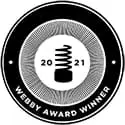There is no justice without disability

Transcript
[Footage from a series of interviews features a diverse range of disability rights advocates in industrial studio settings.]
KERI GRAY: Disability is a normal, positive part of human diversity.
SARA MINKARA: There are one billion individuals in this world with disabilities.
JANE AKINYI: There’s a lot of kinds of different disabilities.
GRAY: Disabled people have other important identities.
REBECCA COKLEY: We want to have a say in everything that affects us.
MINKARA: We are people with disabilities building power and inclusive social justice movements.
DESSA COSMA: You can’t have racial justice or economic justice or gender justice without disability justice. Just like you can’t have disability justice without having racial, economic, and gender justice. To actually achieve any of those things requires achieving all of those things.
MADDY RUVOLO: When we evolve our institutions to be fully inclusive, we can build a world where all are free.
GRAY: True inclusion is revolutionary.
[on-screen graphic: There Is No Justice without Disability]
Accessibility Statement
- All videos produced by the Ford Foundation since 2020 include captions and downloadable transcripts. For videos where visuals require additional understanding, we offer audio-described versions.
- We are continuing to make videos produced prior to 2020 accessible.
- Videos from third-party sources (those not produced by the Ford Foundation) may not have captions, accessible transcripts, or audio descriptions.
- To improve accessibility beyond our site, we’ve created a free video accessibility WordPress plug-in.
Leaders from across the disability community share their views on disability and why an intersectional approach is needed to build fully inclusive social justice movements.
Featuring Jane Akinyi, Rabia Belt, Lawrence Carter-Long, Rebecca Cokley, Dessa Cosma, Ryan Easterly, Claudia Gordon, Keri Gray, Sara Minkara, Maddy Ruvolo, and Alice Wong.
Special thanks to Detroit Disability Power for allowing us to use their Guiding Principles.
This piece is part of Disability Demands Justice, a dynamic, ever-evolving hub to deepen our understanding of how disability intersects with social justice.
Explore the stories
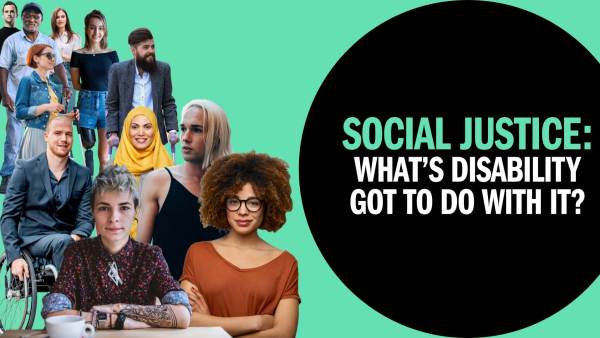
Social Justice: What’s disability got to do with it?
A society cannot be truly just without including people with disabilities and taking an intersectional approach towards tackling discrimination. This starts with inclusive leadership, where people with disabilities are invited into discussions and lead the way in advocating for inclusive, equitable spaces.
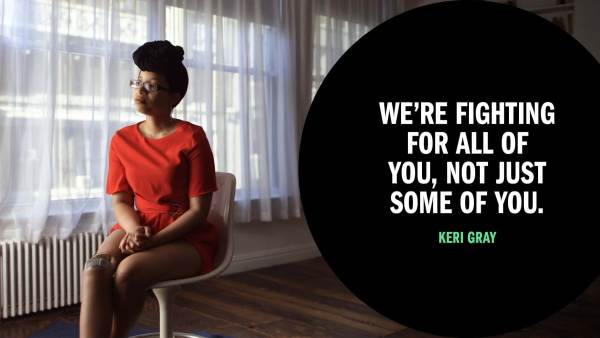
Intersectionality & Disability, featuring Keri Gray, the Keri Gray Group
Around the globe, people living with disabilities experience inequality in all its forms. Understanding intersectionality is essential to true inclusion. By centering those most marginalized and taking an intersectional approach in designing solutions, we can advance justice for all.
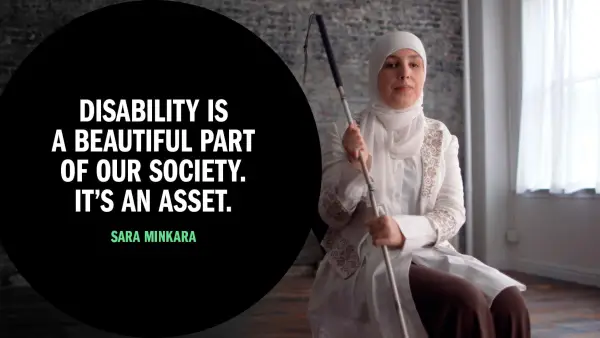
Disability Is an Asset, featuring Sara Minkara, Empowerment Through Integration
People with disabilities are the world’s largest marginalized population. Challenging discriminatory narratives and systems can help the disability community build power and create a more inclusive world, by contributing value across all sectors. Building a more inclusive world benefits everyone.
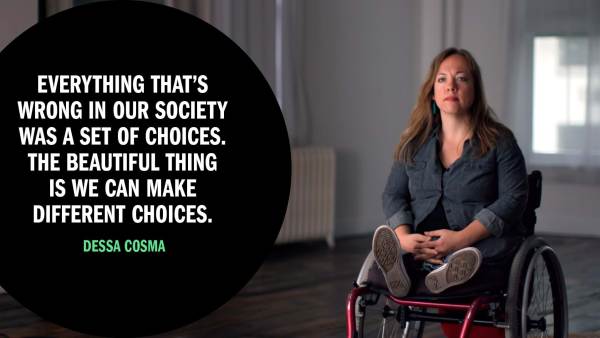
Economic Justice & Disability, featuring Dessa Cosma, Detroit Disability Power
Disability inclusion needs to be included in the fight for economic justice. Barriers to education and employment keep people with disabilities living in poverty. Ending poverty means addressing the drivers of economic inequality and reimagining the future of work.
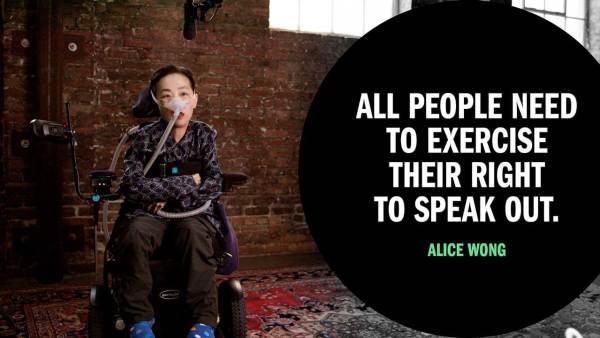
Political Participation & Disability, featuring Alice Wong
The right to vote is a fundamental part of building a thriving democracy in which all citizens can become active, engaged participants. People with disabilities face obstacles to political participation that need to be addressed in the journey to inclusion.
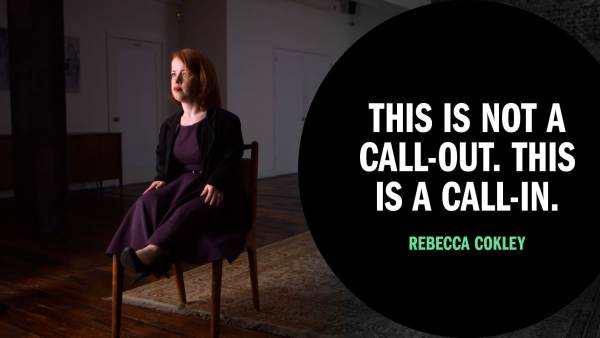
Your Values & Disability, featuring Rebecca Cokley, Center for American Progress
Disability needs to be included in the work of social justice. Through a commitment to diversity, equity and inclusion, and establishing organizational policies and practices, we can address challenges to accessibility and create an inclusive future.
